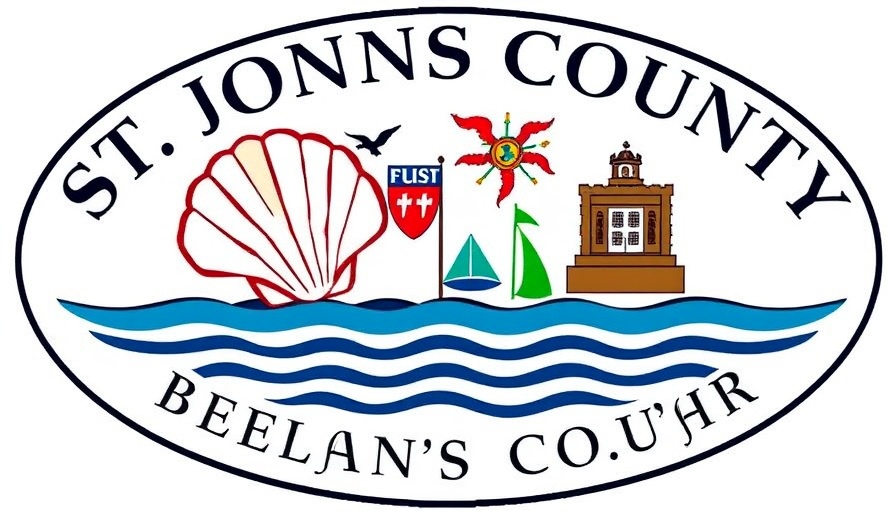
Understanding Liberia National Day: A Celebration of Freedom
Each year, Liberia National Day marks a significant moment of pride as the country reflects on its history, culture, and the journey toward independence. Celebrated on July 26, this day commemorates the declaration of independence achieved in 1847, positioning Liberia as the first African republic to proclaim independence from colonial rule. This momentous occasion not only resonates deeply within the hearts of Liberians but also sparks interest among those keen on understanding the historical background of nations striving for autonomy.
The Evolution of Liberia: A Historical Context
To fully appreciate Liberia National Day, one must delve into the rich tapestry of the nation's history. Founded by freed American slaves, Liberia carries an intricate narrative intertwined with the broader context of the African diaspora. The establishment of Monrovia, named after U.S. President James Monroe, symbolizes the complex relationships between America and Liberia since its inception. This connection laid the groundwork for diplomatic relations and continues to influence current U.S.-Liberia ties.
Modern-Day Significance of Liberia National Day
In contemporary times, Liberia National Day serves as a platform for reflection and aspiration. With sentiments of patriotism and national pride swelling, celebrations often include cultural exhibitions, parades, and events that highlight historical heritage and national achievements. For citizens and those involved in U.S. foreign policy, understanding Liberia's cultural and historical significance offers valuable insights into the ongoing collaboration between the two nations, including areas such as education reforms and infrastructure development.
Emphasizing Community and National Unity
At the core of Liberia National Day lies a strong emphasis on community and unity. This day is a reminder of the struggles faced and the resilience shown throughout Liberia's history. Whether participating in local festivities or reflecting on the ongoing challenges the nation faces, such as economic recovery or public health improvements, citizens are reminded of their shared identity. Events often encourage civic engagement and discussions about the national journey in areas such as education, health policy, and economic stability.
Looking Ahead: Future Challenges and Opportunities
As Liberia continues to navigate its future, several pressing challenges remain. The economic landscape, particularly regarding employment and inflation, poses considerations for policymakers. Moreover, public health developments, especially in light of global health crises, underline the importance of establishing robust healthcare systems. On this Liberia National Day, the call for national resilience draws attention to both the difficulties and opportunities that lie ahead, pushing citizens to advocate for change while reflecting on their past.
Conclusion: A Call to Action
Cognizant of its rich history and the potential ahead, this Liberia National Day urges all involved—from local citizens to policymakers—to engage actively in shaping a brighter future. By recognizing both the progress made and the hurdles yet to overcome, the day serves as a poignant reminder that learning from the past can propel a nation toward a successful tomorrow. Celebrate this unique occasion by connecting with the broader narratives surrounding Liberia and contributing to conversations on international relations and development efforts. In an interconnected world, understanding these dynamics can lay the groundwork for more informed support of Liberia's continued growth.
 Add Element
Add Element  Add Row
Add Row 



Write A Comment